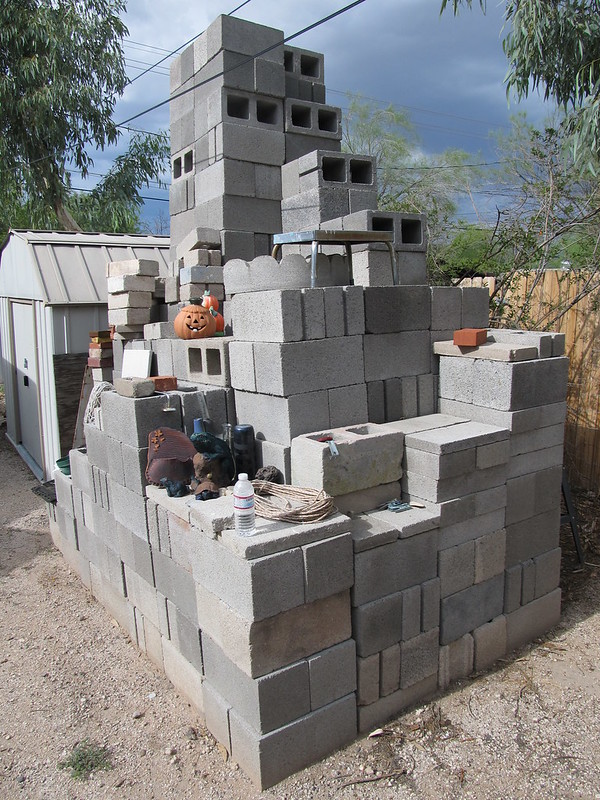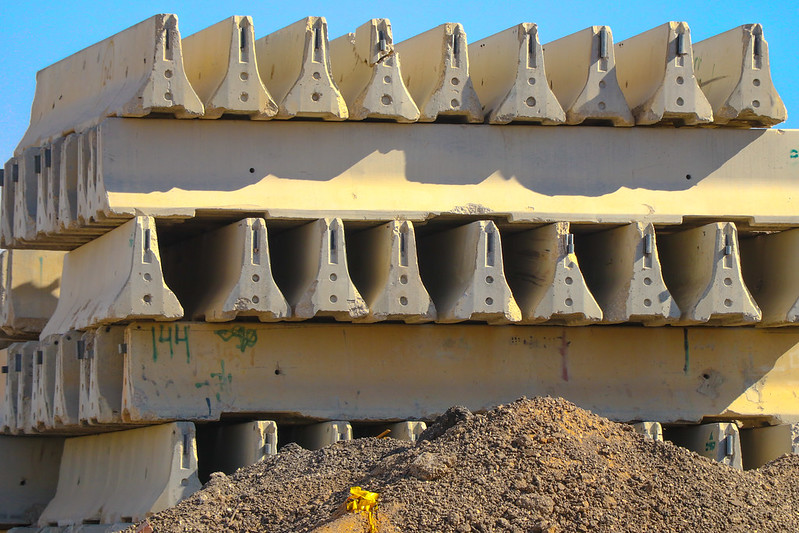As we look around, the most common material used for the roadways or pavement is concrete. The challenging thing is to pick the right material for your design or project, whether for pavement, driveways, or roads. But, before let us discuss the pros and cons of this great material.
What are the pros and cons you must remember when buying concrete? A common question, that arises in one’s mind. The customers consider the pros and cons of concrete.
First, let discuss why concrete is the best buying material for you.
Pros of Concrete:
- Risk-Free:
Concrete is safer when it comes to the driveway. Secondly, concrete makes it easy to walk and maintain, especially having kids around.
- Easily Maintenance:
The concrete is easy to maintain, and it does not require regular maintenance.
- Better when it comes to comfort:
As concrete is more effective in extreme weather conditions. It’s the best choice for the driveways, keeping in mind that it is a commonly used area of a house. It is comfy to walk on.
- Eco-friendly:
Concrete possesses no harm and is eco-friendly, with the fact that it is 100% recyclable.
- Beautiful:
The concrete can be colored according to need, while asphalt is black.
Cons of Concrete:
There are few things which make concrete unworthy.
- Low Tensile Strength:
Concrete has a low tensile strength than other materials. Different materials like; fibers, polymers, etc are added nowadays to increase the tensile strength of the concrete.
- Low Toughness:
Concrete cannot withstand high energy pressures as it has a limited toughness. Its toughness is only around 1% to 2% of steel. In this way, it is not a very powerful material.
- Low specific strength:
The relationship between ratio and density is known as specific strength. Concrete has very low specific strength as compared to other strong materials like; steel. It can be enhanced by increasing strength and decreasing density.
- Requires Framework:
At first, concrete is in liquid form. It needs a structure or framework to fit into form and to make a proper shape. This framework is very expensive. It also needs heavy labor for installation. In this way it becomes costly.
- Joints are needed:
In big projects or even in the media scaled projects joints are required to avoid cracks when it is dried and added extension.
- Quality control:
Concrete needs skilled and trained labor during the processes of its mixing, pacing, and curing. For the great quality of concrete, strict, and high-quality control is required.
Thus, concrete is the best choice for users due to its variant features. The factor that is crucial in choosing any good is durability, the cost for maintenance, and the material best fit within the budget is selected. The use of concrete material is common in most cases. The concrete pavement can reduce maintenance costs and time due to its long-lasting and endurance capacity. On the other hand, its drawback should also be considered when it is needed.
We suggest you choose the materials that provide a more feasible solution for you with the best results.

